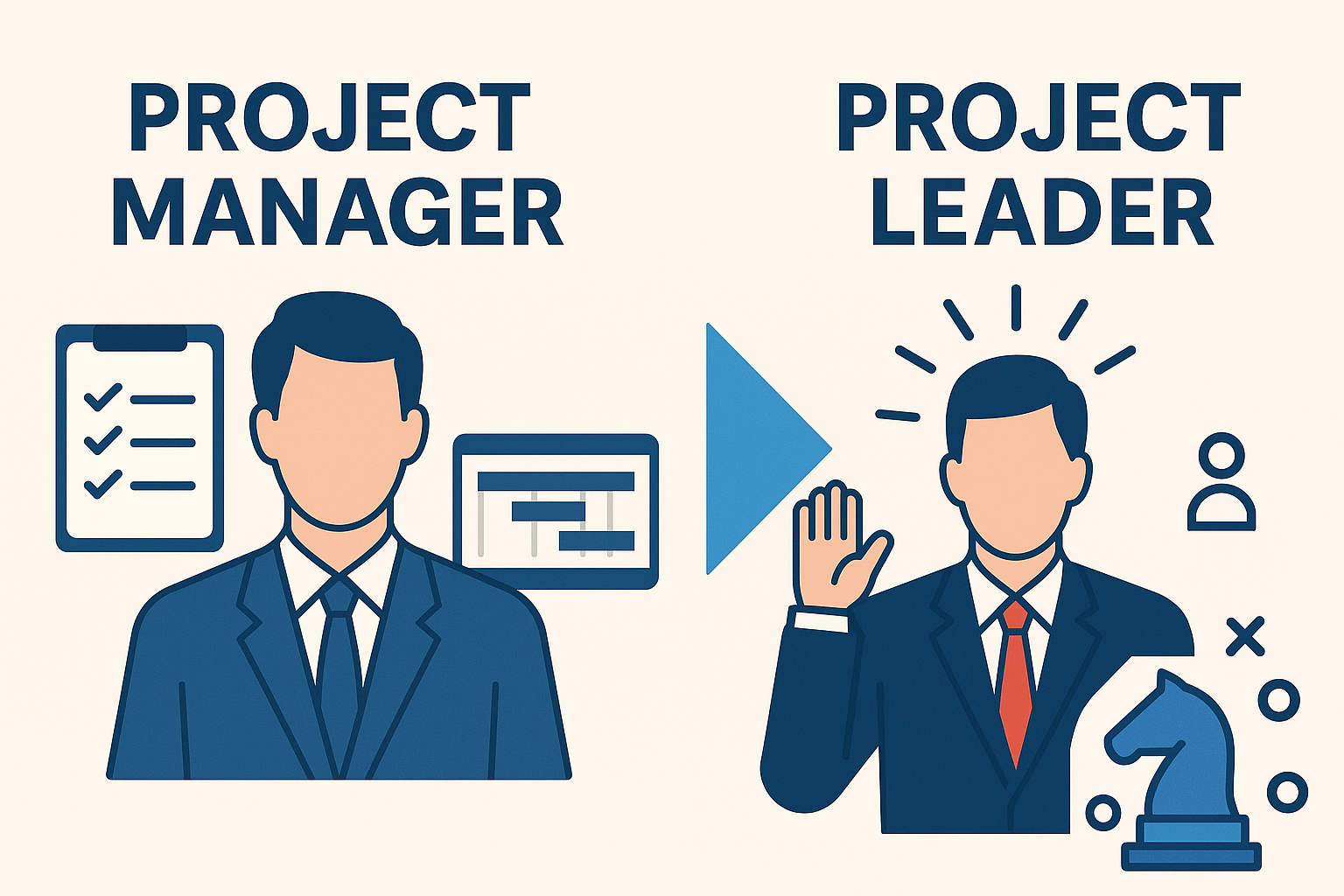
How to Transition from a Project Manager to a Project Leader
Moving from project manager to project leader is about more than managing timelines—it's about inspiring teams, thinking strategically, and leading with purpose. By cultivating emotional intelligence, empowering your team, and focusing on influence over authority, you can elevate your impact and drive meaningful results.

How to Build a Strong Project Management Office (PMO)
A well-structured Project Management Office (PMO) is essential for organizations looking to improve project success rates, align initiatives with business goals, and foster a culture of efficiency and accountability. But building a strong PMO requires strategic planning, stakeholder buy-in, and continuous improvement. Here’s how to create a PMO that delivers real value.

How Mentorship Can Help Build a Collaborative Company Culture
Mentorship is a powerful tool for fostering collaboration in the workplace. By encouraging knowledge sharing, strengthening employee engagement, and building trust, mentorship programs create an environment where teamwork thrives. They also support leadership development and workplace inclusivity, ensuring that employees feel valued and connected. Investing in mentorship is investing in a stronger, more cohesive company culture.

How Strong Leadership Drives Successful Project Delivery
Strong leadership is the backbone of successful project delivery. Great leaders provide a clear vision, make decisive choices under pressure, and foster open communication. They empower teams, adapt to change, and effectively manage stakeholders. By leading with transparency and resilience, they not only ensure project success but also inspire high-performing teams for long-term growth.
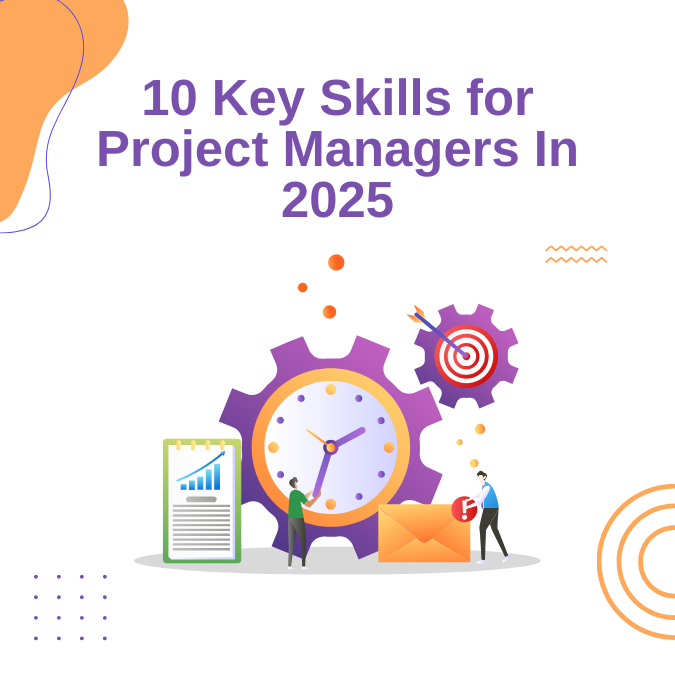
10 Key Skills for Project Managers in 2025
As we step into 2025, the role of a project manager has become more dynamic than ever. Success in this evolving landscape demands a unique blend of technical expertise and human-centered leadership. From mastering agile methodologies to fostering emotional intelligence, project managers are expected to wear many hats. In this blog, we explore the 10 key skills every project manager needs to thrive in 2025. Are you ready to embrace the future of project management?
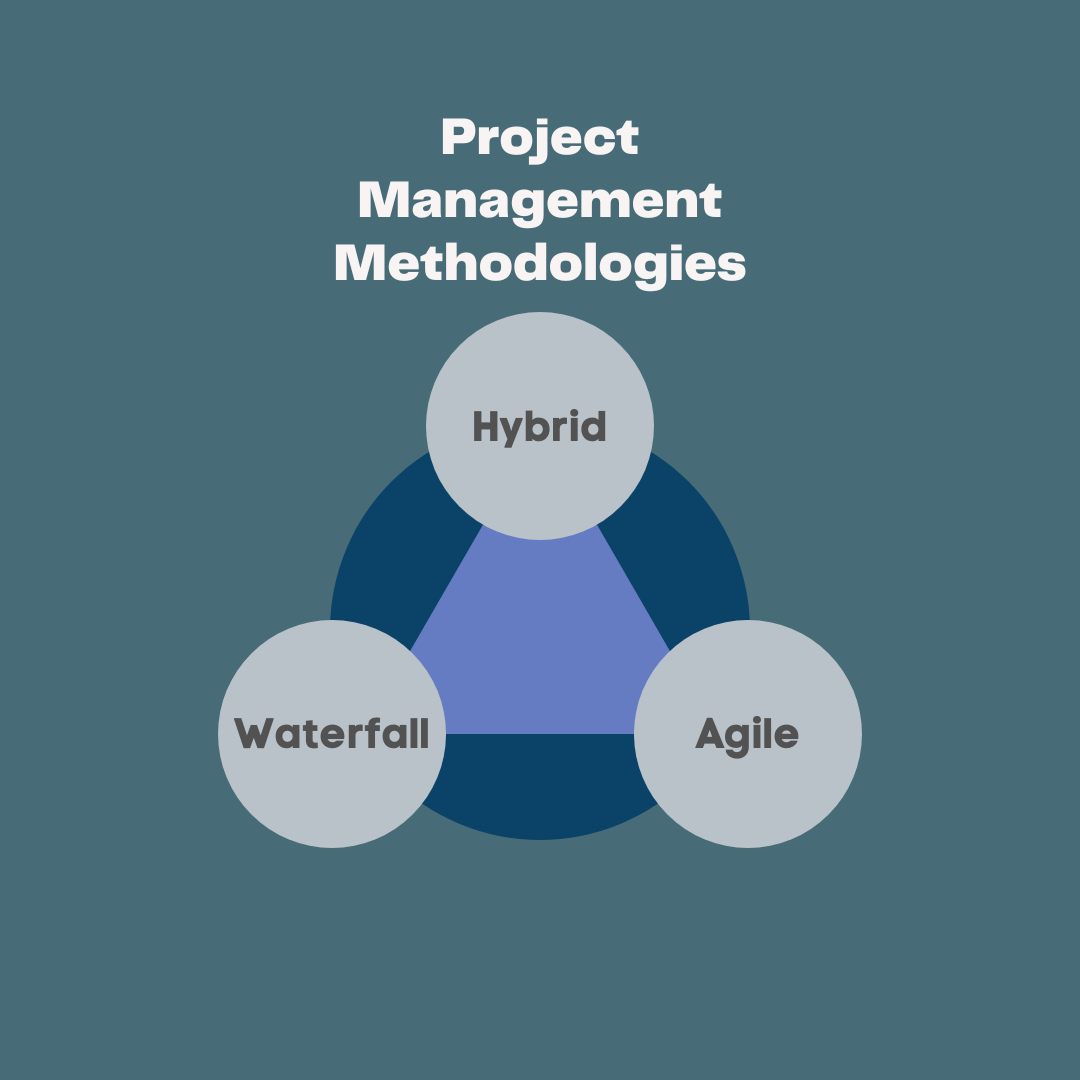
Understanding Agile, Waterfall, and Hybrid Project Management Approaches
Selecting the right project management methodology is key to success. Agile offers flexibility and speed, ideal for dynamic projects like application development. Waterfall provides structure and predictability for fixed-scope initiatives. Hybrid blends the best of both, perfect for complex projects involving technical and organizational changes. Understanding these approaches helps project managers drive value and achieve results.
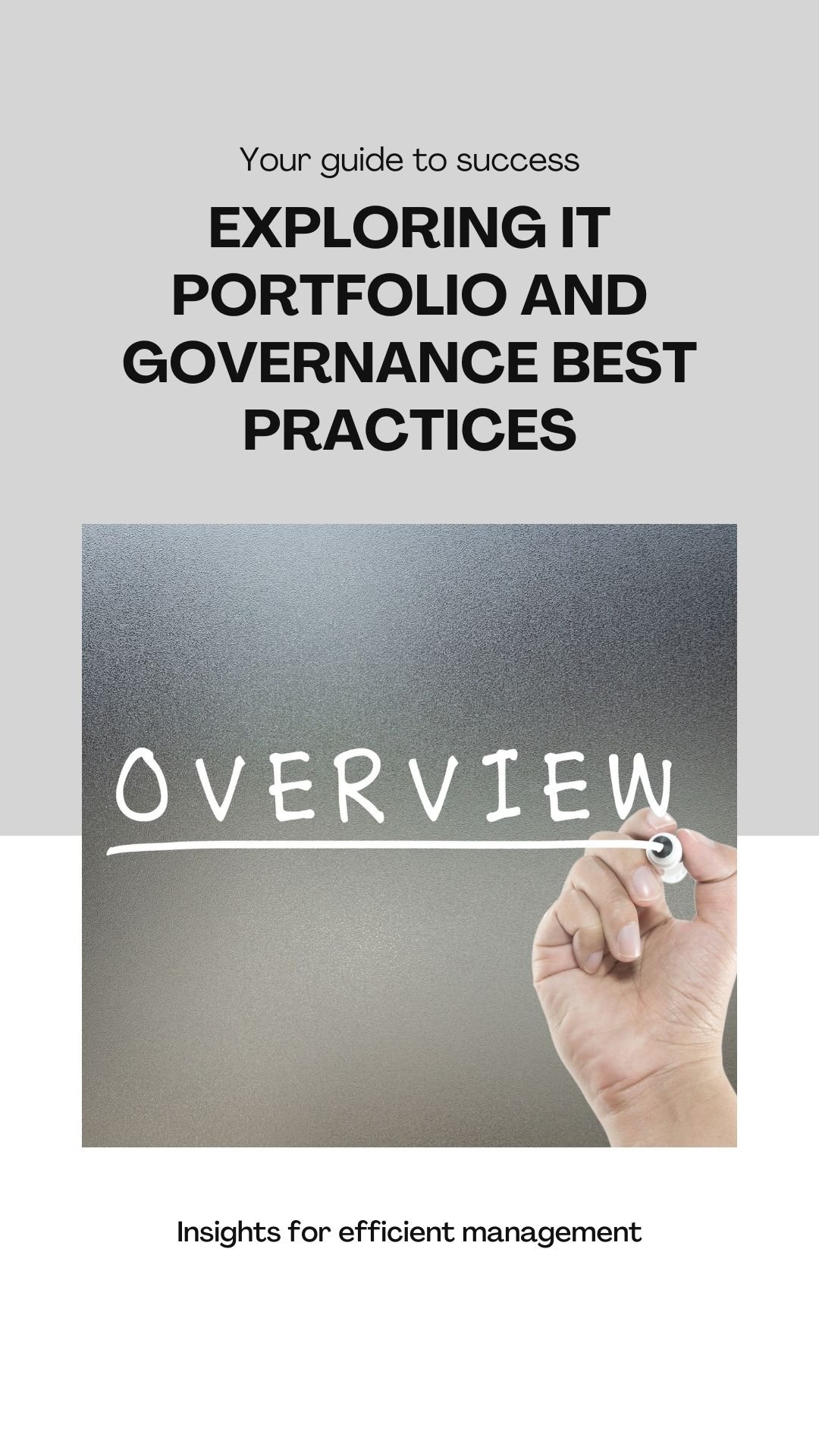
Value of IT Portfolio Management and Governance
Portfolio management is essential for IT project success, aligning initiatives with business goals, optimizing limited resources, and managing risks proactively. It enables better performance tracking, data-driven decisions, and swift adaptations, ensuring projects deliver maximum value while staying strategically aligned.
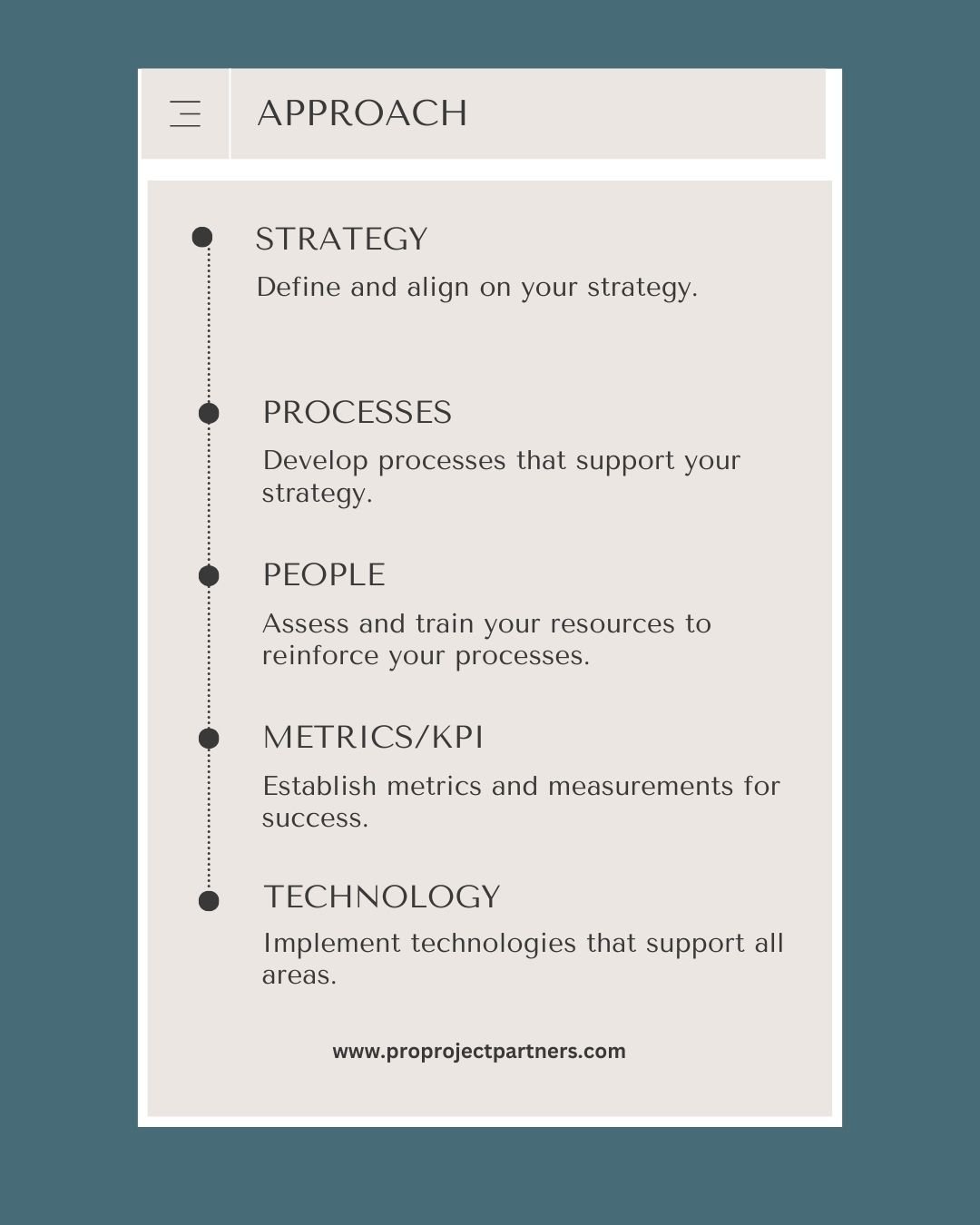
A Practical Approach to Solving for Technology Needs
I remember leading a project for a company some years back where business leaders were struggling on the right technology solution for their department. The department had interviewed several possible solutions but couldn’t internally decide on what solution was right for them. After some digging, we discovered that the problem didn’t reside in the limitations of technology itself but rather they had not agreed on many of the inputs and requirements needed to make the right decision regarding a technology solution. They jumped straight to technology and were trying to match it up to some fluid strategies and processes. They were using up valuable time and effort, and even worse, delaying critical benefits of the project.